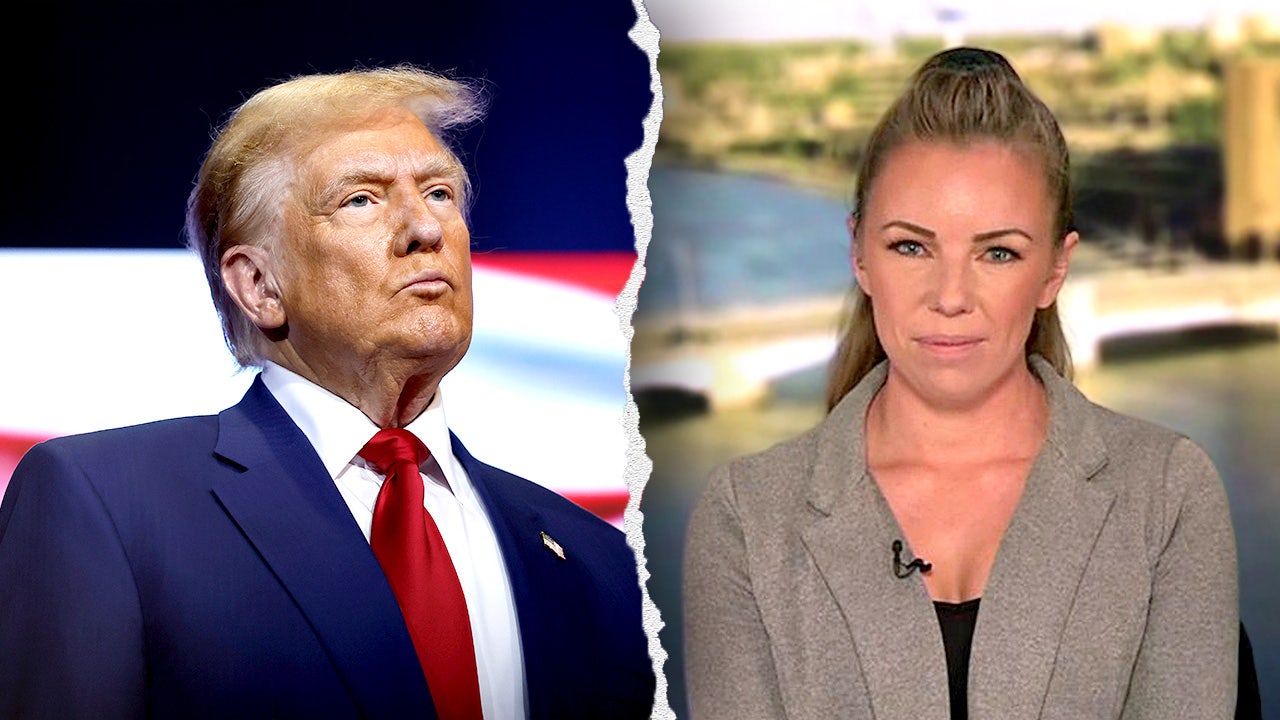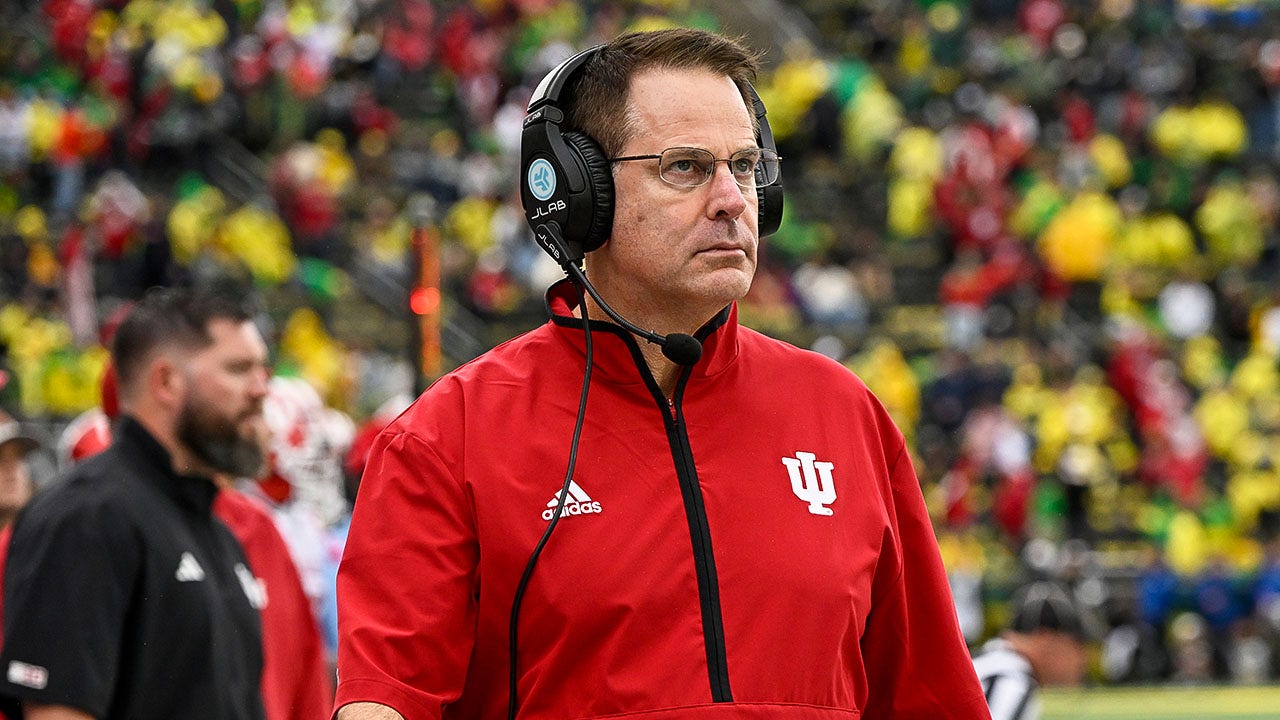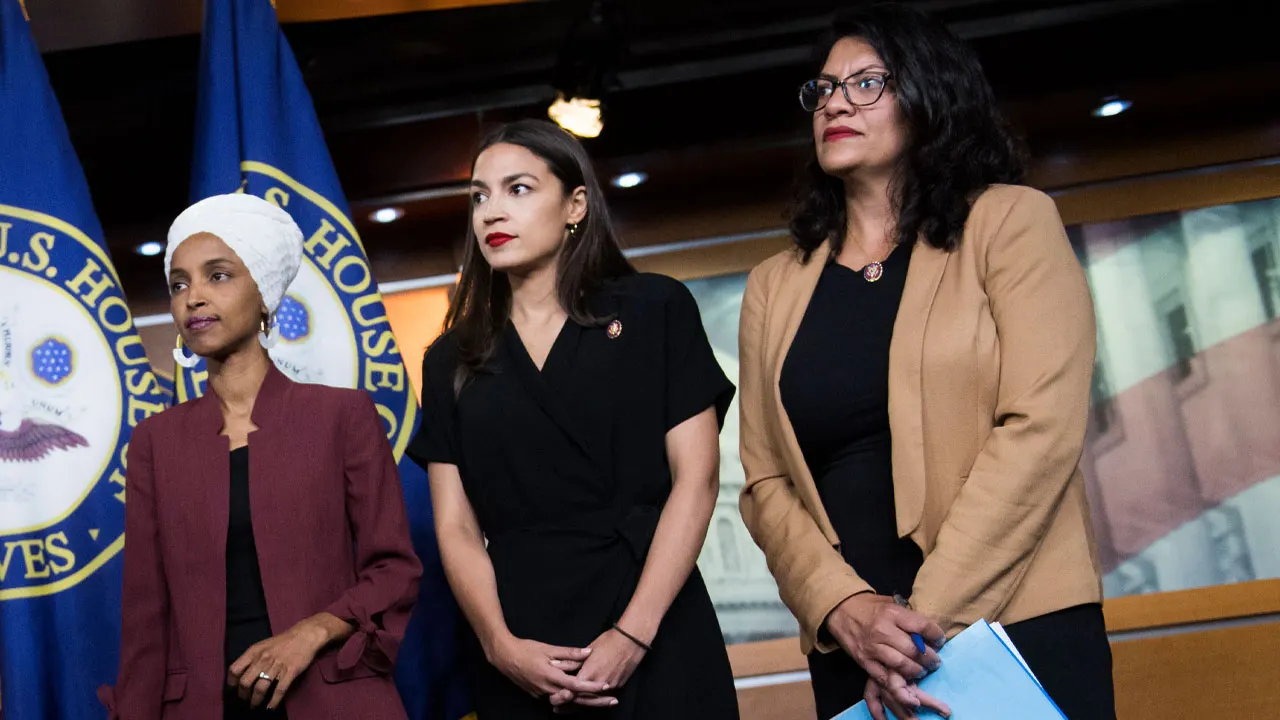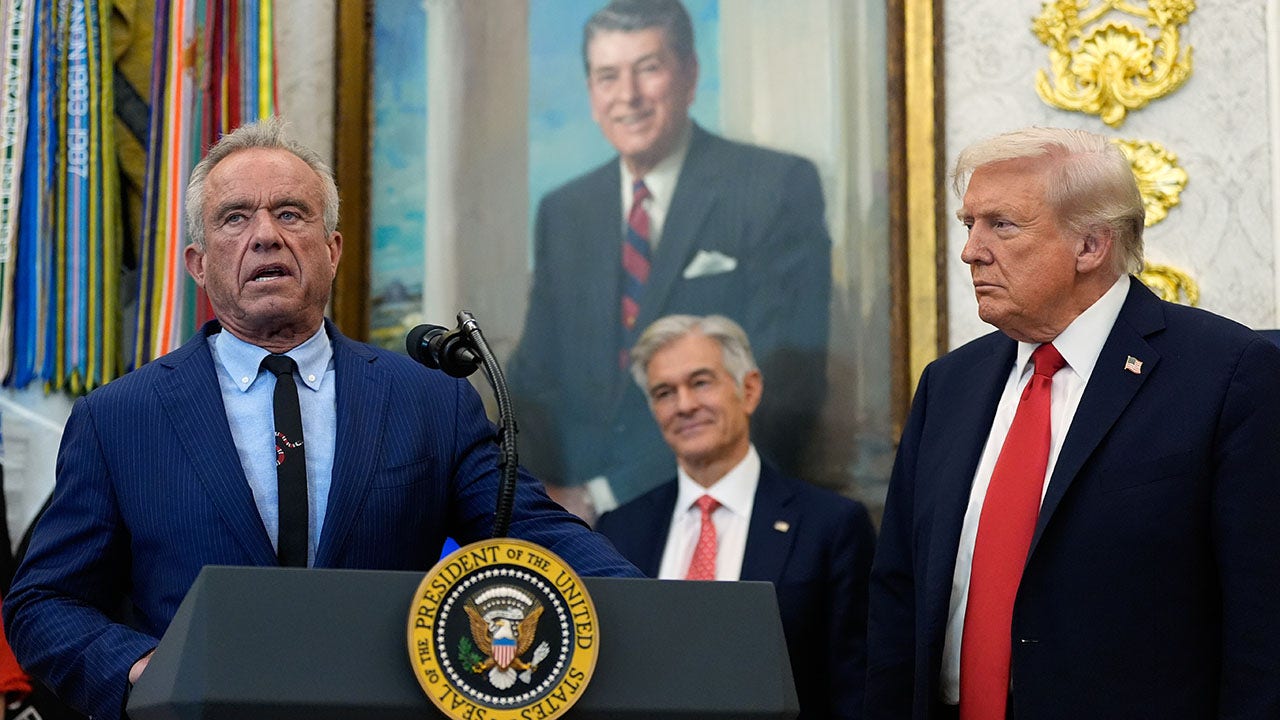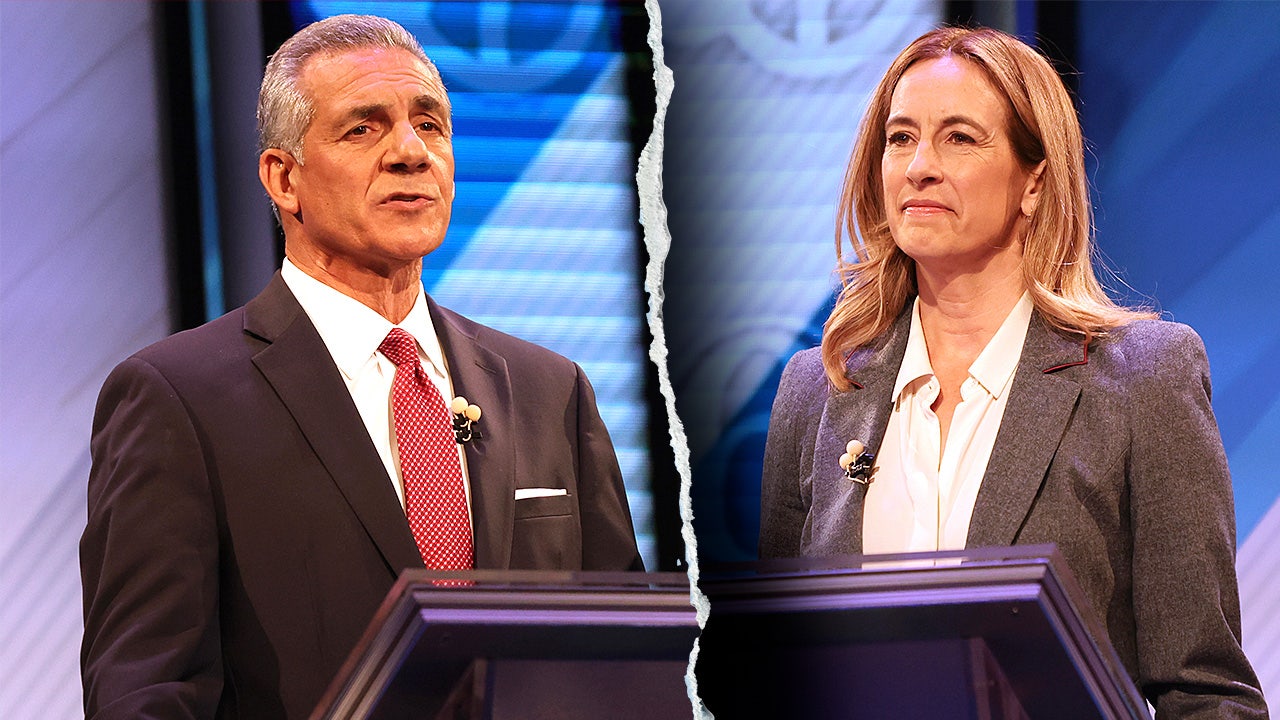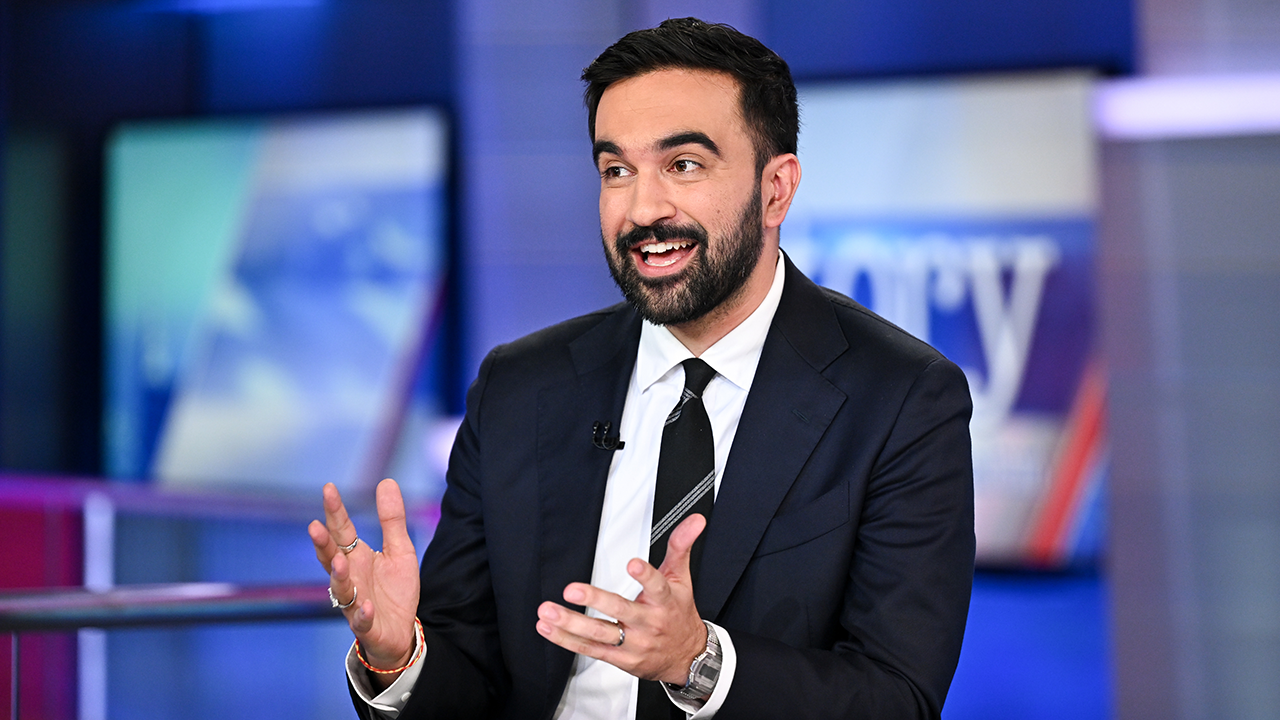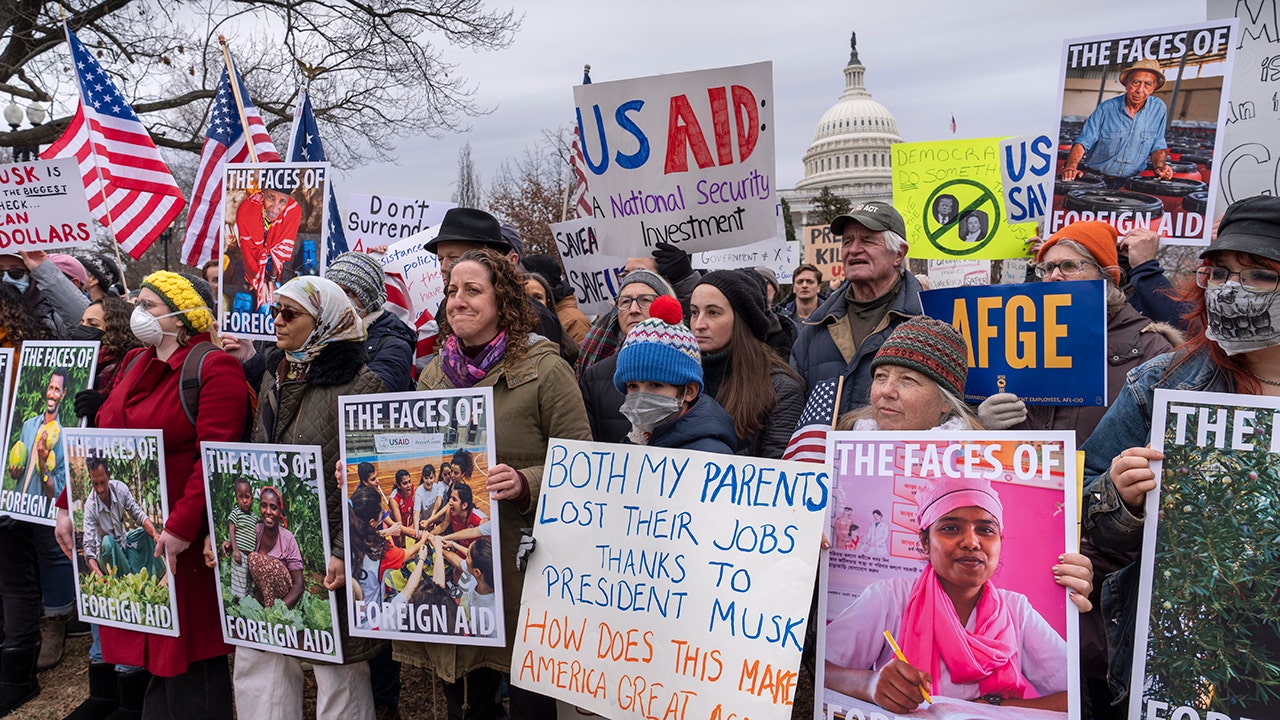NEWYou can now listen to Fox News articles!
Senate Republicans’ plan to reignite the government funding process was torpedoed by Senate Democrats, who blocked a bill that would pay the troops as the federal government entered Day 16 of the shutdown.
The annual defense appropriations bill was blocked largely along party lines on Friday, with only a handful of Senate Democrats joining Republicans to advance the measure. While President Donald Trump made a temporary move to ensure that military service members were paid, that funding won't last forever.
The only Senate Democrats to cross the aisle were Sens. John Fetterman, D-Pa., Catherine Cortez Masto, D-Nev., and Jeanne Shaheen, D-N.H. Lawmakers are now headed home after a short week in Washington, D.C.
"I think the people in our military deserve to get paid," Fetterman said. "That's what my vote is about."
Had the bill advanced through its first procedural hurdle, lawmakers could have modified it to include other funding bills, a move that Senate Majority Leader John Thune, R-S.D., signaled he planned to make throughout the week.
SENATE DEMOCRATS BLOCK GOP PLAN FOR 10TH TIME, ENSURING SHUTDOWN LASTS INTO NEXT WEEK
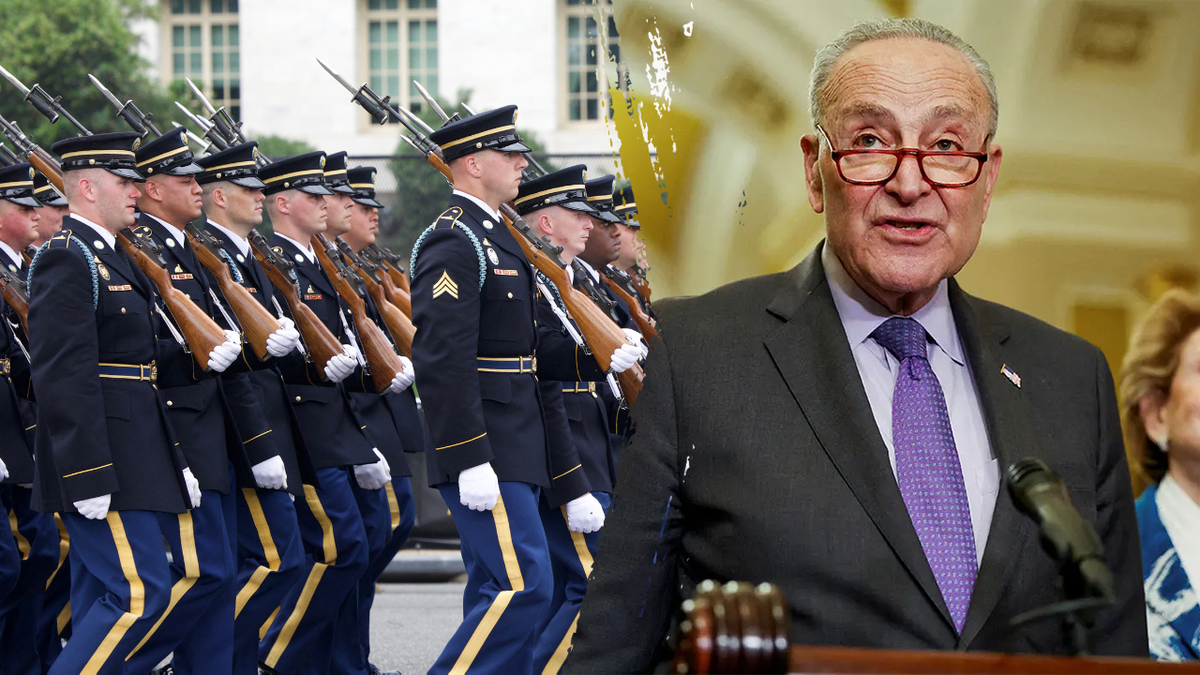
Senate Minority Leader Chuck Schumer, D-N.Y., and Senate Democrats were unwilling to support the bill. (Kent Nishimura/Bloomberg via Getty Images; Amanda Andrade-Rhoades/Reuters)
However, Senate Minority Leader Chuck Schumer, D-N.Y., and Senate Democrats were unwilling to support the bill and argued that they wanted a guarantee on exactly which other spending bills would be added on to it down the line.
"They need unanimous consent to add anything to the defense bill," Schumer said before the vote. "They don’t have it."
Thune and Senate Republicans floated adding additional spending bills, like measures to fund Transportation, the Health and Human Services and Labor Departments, Housing and Urban Development, and Commerce, but first needed to blast through the procedural hurdle to do so.
When asked if lawmakers could find common ground over other appropriations, Sen. Mark Kelly, D-Ariz., said it would require some sort of overarching agreement — and that without one, talking about individual bills wouldn't go anywhere.
"I just voted no. First of all, it's not a good bill. This is not the way we normally do this. We would normally have an agreement on a process to vote on appropriations bills, not bill," Kelly said. "I think if there was a negotiation and a process, we could do something in a bipartisan way."
REPUBLICANS PUSH TO PAY TROOPS, REOPEN GOVERNMENT AS DEMOCRATS BALK

Senate Majority Leader John Thune holds a copy of a continuing resolution bill as he speaks alongside Speaker of the House Mike Johnson during a news conference in Statuary Hall at the U.S. Capitol Building in Washington, Oct. 3, 2025. (Kevin Dietsch/Getty Images)
Republicans coming away from the vote noted that Democrats may invite criticism by voting against a standalone defense bill.
"If they want to stop the defense bill, I don't think it's very good optics for them, obviously," Thune said.
Other senators echoed Thune's assessment.
"These are dangerous times. This is not the time to weaken our defenses," Lindsey Graham, R-S.C., who sits on the Senate Appropriations Committee, said.
Part of Senate Democrats’ resistance to the bill is tied to the overall position against the House-passed continuing resolution (CR) to reopen the government, which they have so far blocked 10 times.
REPUBLICANS FUME AS DEMOCRATS BLOCK 9TH GOP BID TO REOPEN GOVERNMENT

Sen. Mark Kelly speaks with reporters while waiting to catch the Senate subway to the Hart Senate Office Building from the U.S. Capitol on July 25, 2024, in Washington. (Kent Nishimura/Getty Images)
Like their argument with extending Obamacare subsidies, they demanded guarantees on what exactly Republicans would attach to the bill — a position that stemmed from an overall lack of trust between the parties that has ripped the partisan divide open even further this year.
"We don't have an agreement on anything," Sen. Chris Murphy, D-Conn., said. "So obviously we can't. They're still not negotiating."
CLICK HERE TO GET THE FOX NEWS APP
Kelly, the senator from Arizona, similarly argued that there was no bipartisan agreement on what exactly the package would look like.
"We should be focused on fixing these healthcare premiums and getting the government back open," he said. "And, you know, just to bring up the one bill without the others is something we typically don't do."
Alex Miller is a writer for Fox News Digital covering the U.S. Senate.

 5 hours ago
2
5 hours ago
2


